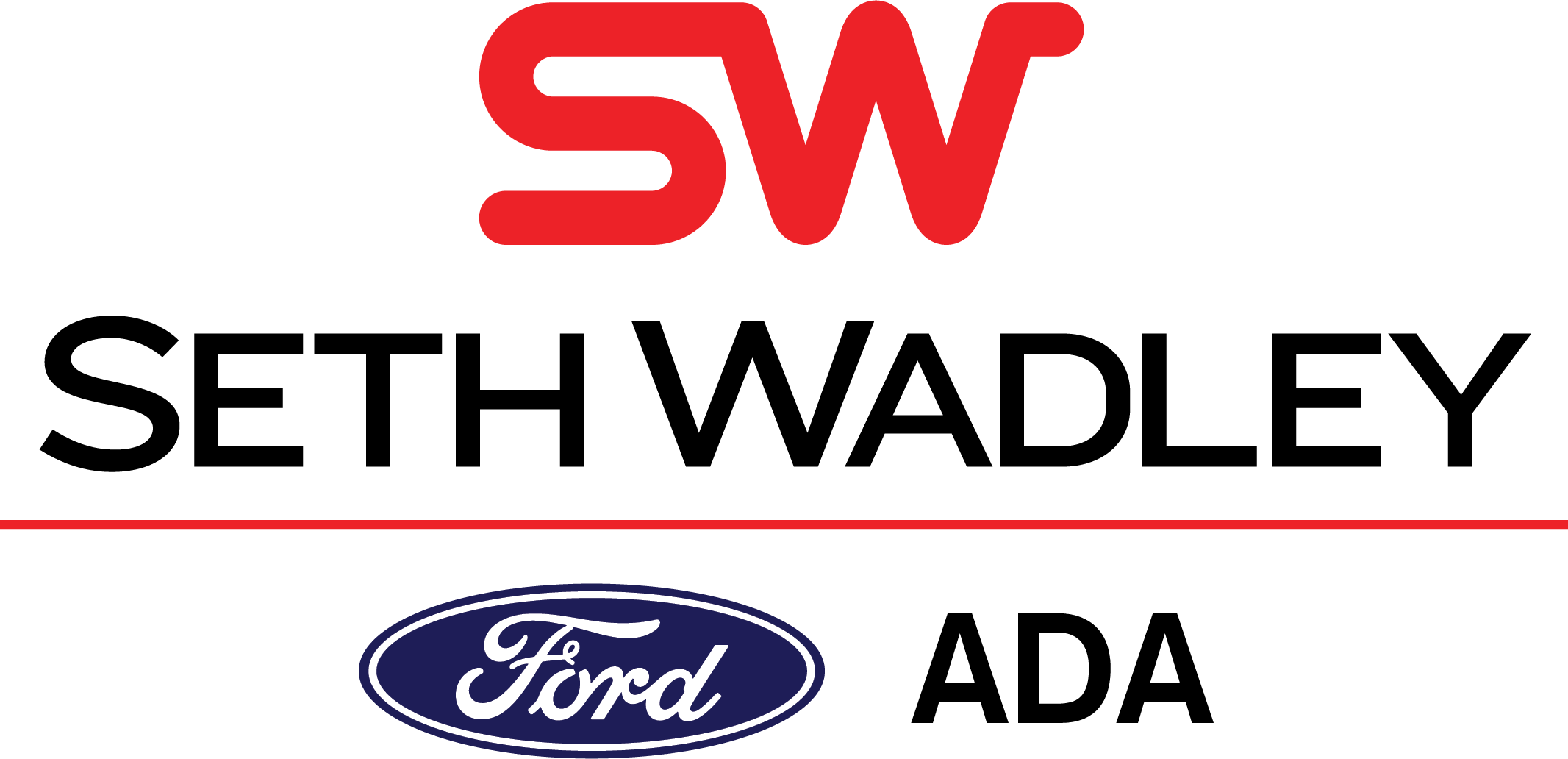What to Look for When Buying a Used Car
Purchasing a used car can be a smart financial decision, but it’s essential to know what to look for to ensure you’re making a wise investment. With so many options available, it can be overwhelming to navigate the used car market. This guide will help you identify key factors to consider, from the vehicle's history to its overall condition, ensuring you drive away with a reliable car that fits your needs and budget.
Check the Vehicle History Report
One of the first steps in buying a used car is to obtain a vehicle history report. This report provides crucial information about the car's past, including any accidents, title issues, and service records. Services like Carfax or AutoCheck can help you access this information. A clean history report can give you peace of mind, while any red flags may prompt you to reconsider your purchase or negotiate a better price.
Inspect the Car Thoroughly
Before finalizing your purchase, it’s vital to inspect the car thoroughly. Look for signs of wear and tear, such as rust, dents, or mismatched paint, which could indicate previous accidents. Check the tires for tread depth and even wear, and don’t forget to examine the interior for any unusual odors or damage. If you're not confident in your ability to assess the car's condition, consider bringing along a trusted mechanic to help evaluate its overall health.
Take a Test Drive
A test drive is an essential part of the used car buying process. It allows you to experience how the car handles and whether it meets your comfort and performance expectations. Pay attention to how the car accelerates, brakes, and turns. Listen for any unusual noises and test all the features, including the air conditioning, radio, and lights. A thorough test drive can reveal potential issues that may not be apparent during a visual inspection.
Understand the Pricing
Knowing the fair market value of the used car you’re interested in is crucial for making an informed purchase. Research similar models in your area to understand the average price range. Websites like Kelley Blue Book and Edmunds can provide valuable insights into pricing. Additionally, be prepared to negotiate with the seller based on your findings. Understanding the pricing landscape will empower you to make a confident offer.
Consider Financing Options
If you’re not paying cash for your used car, exploring financing options is essential. Many dealerships offer financing plans, but it’s wise to shop around for the best interest rates and terms. Consider getting pre-approved for a loan from your bank or credit union to give you a better idea of your budget. Understanding your financing options will help you make a more informed decision and avoid any surprises down the road.
Finalize the Paperwork
Once you’ve found the right used car and agreed on a price, it’s time to finalize the paperwork. Ensure that all necessary documents, such as the title, bill of sale, and any warranties, are in order. Review the contract carefully before signing to avoid any hidden fees or unfavorable terms. Taking the time to understand the paperwork will help ensure a smooth transaction and protect your investment.
Enjoy Your New Ride!
After completing the purchase, it’s time to enjoy your new ride! Make sure to keep up with regular maintenance to ensure your used car remains in excellent condition for years to come. Whether you’re commuting to work or taking a road trip, having a reliable vehicle can enhance your driving experience. Congratulations on your new purchase, and happy driving!


